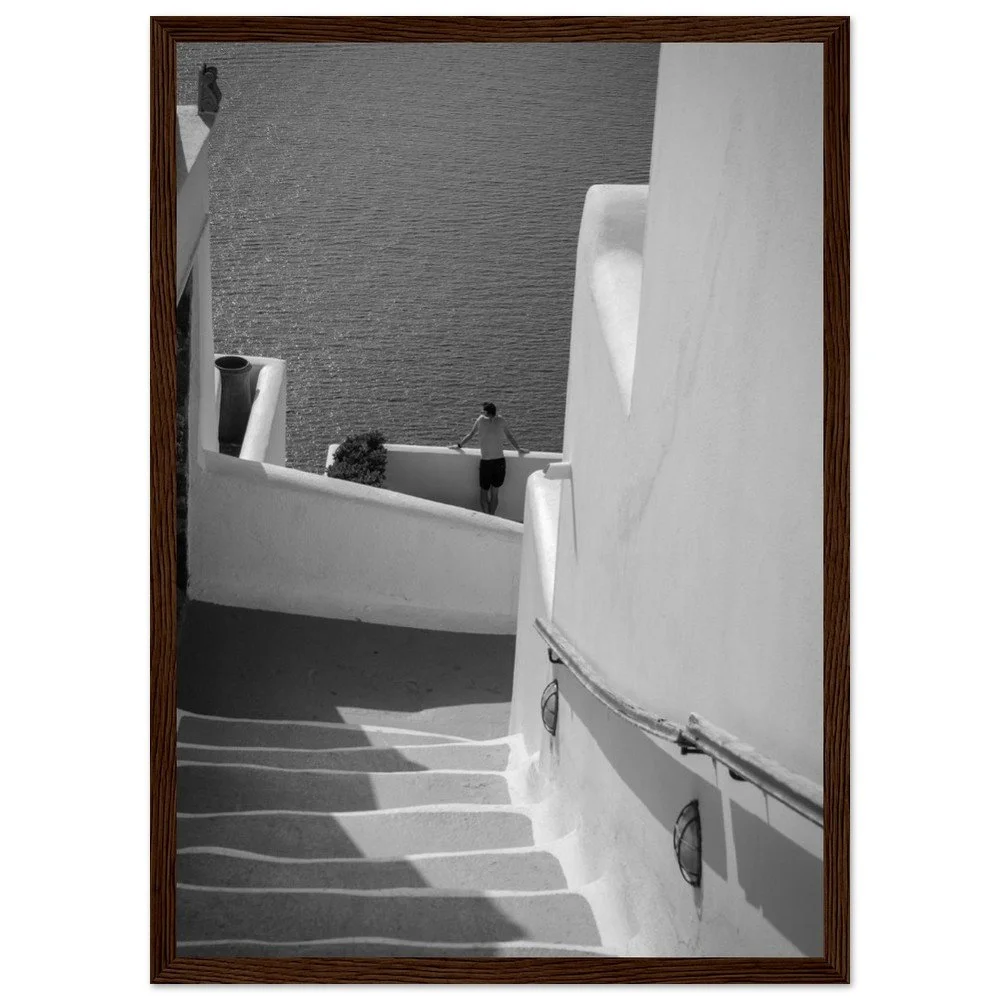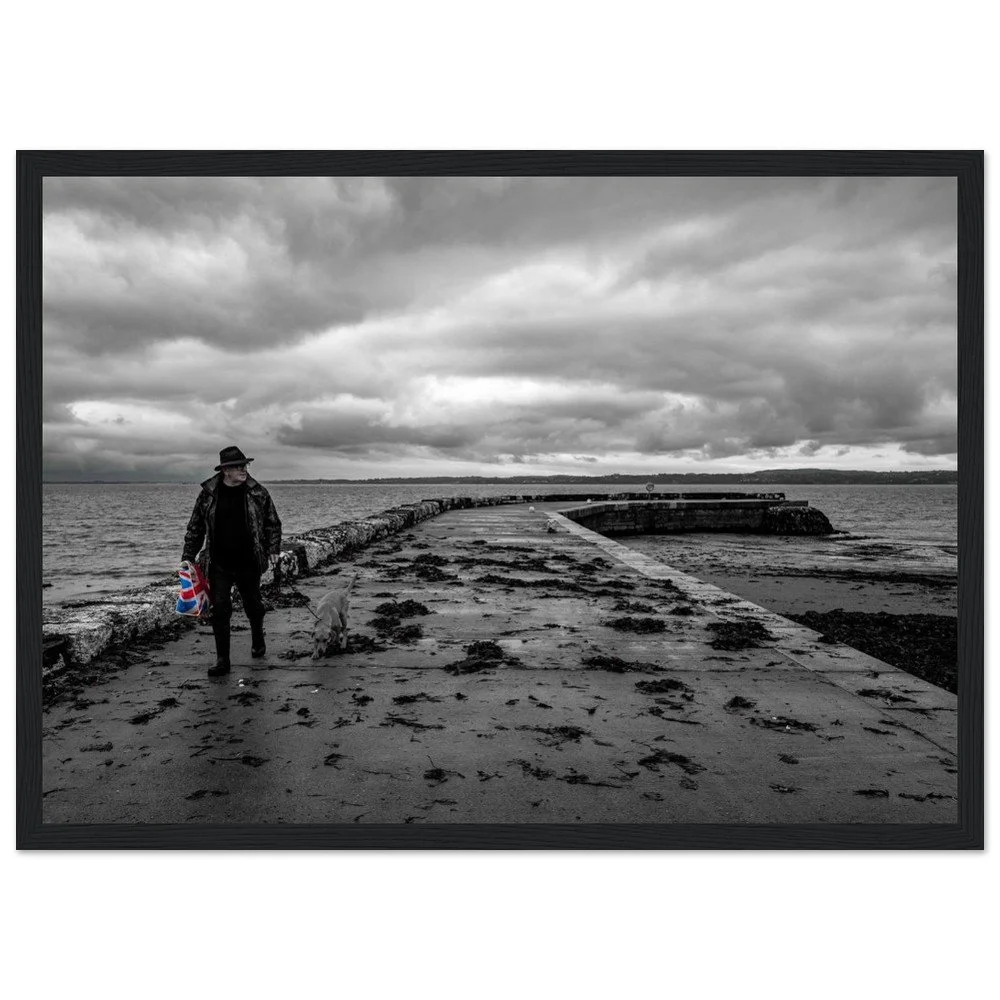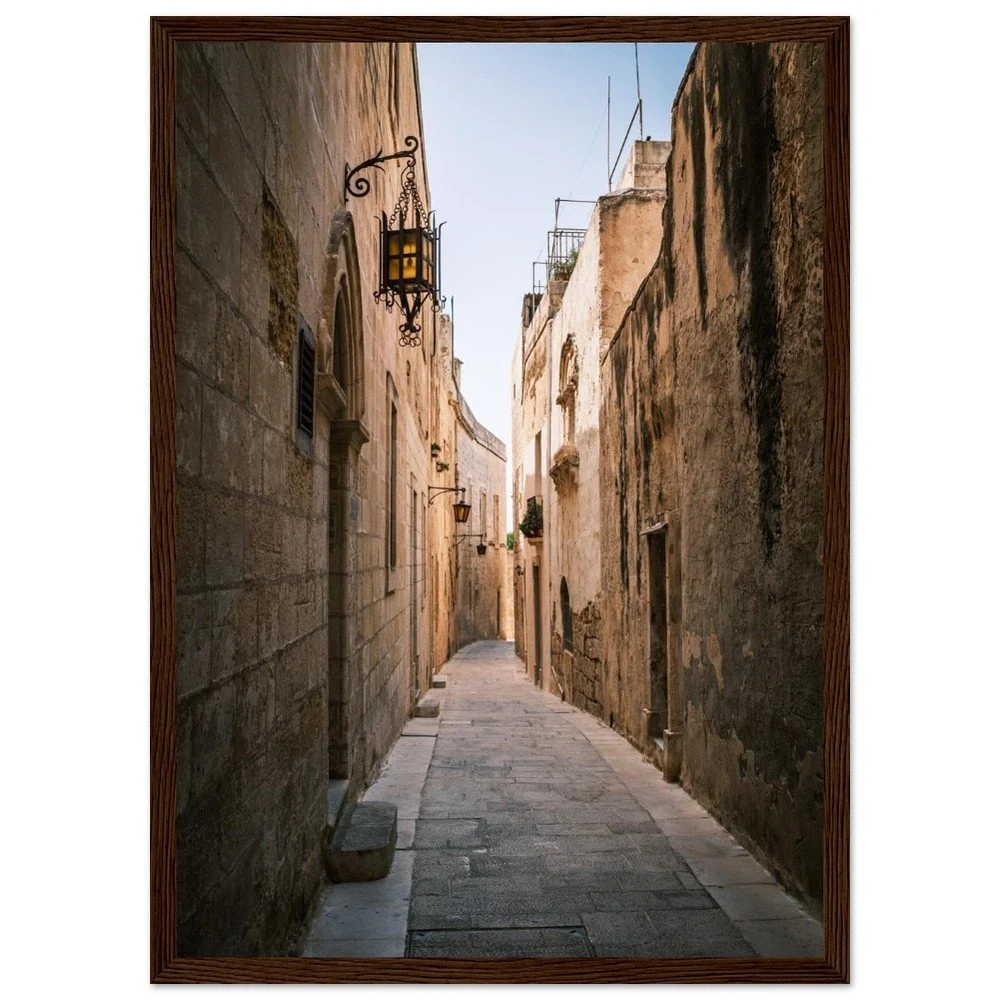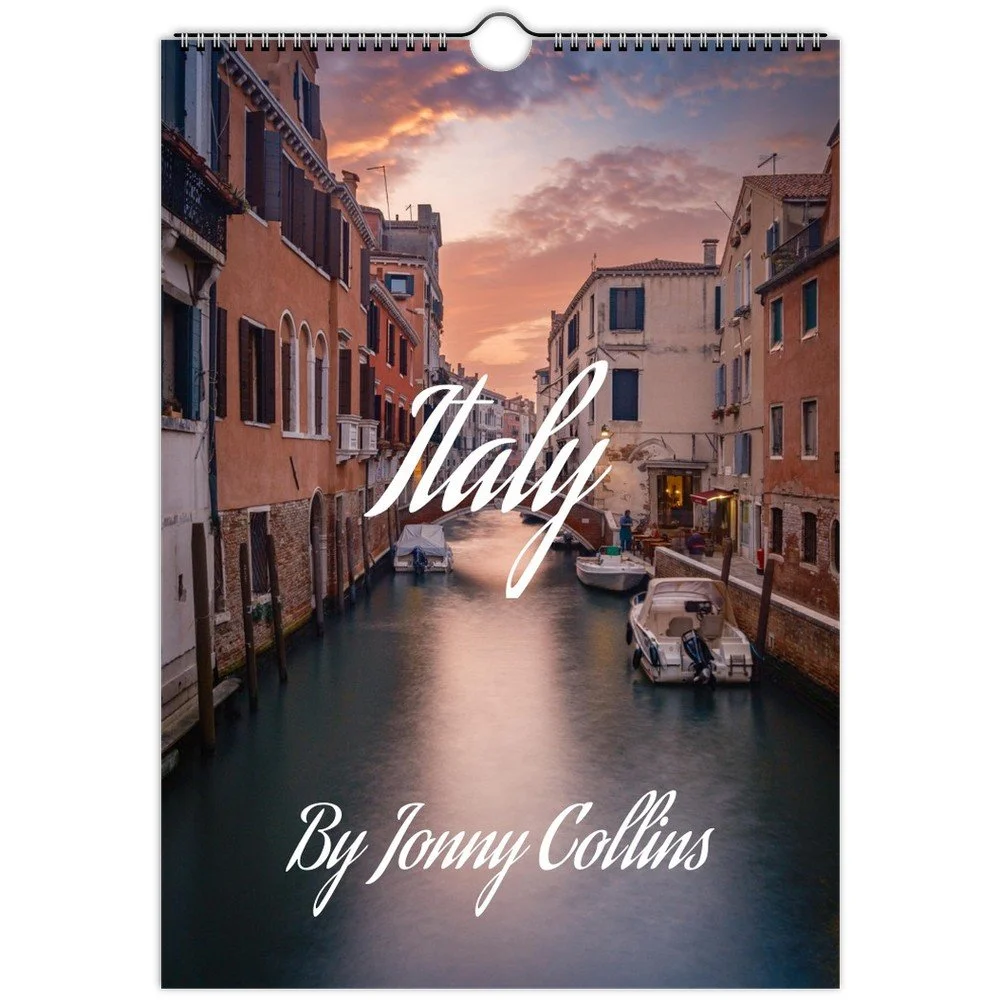Why Dyslexic Minds Make Naturally Strong Photographers — My Experience
People often talk about dyslexia as something that makes life harder — struggling with reading, spelling, note-taking or anything overly structured. But for me, dyslexia has been the complete opposite when it comes to photography. In fact, it’s one of the main reasons I feel so connected to the craft.
My brain doesn’t think in sentences or step-by-step instructions. It thinks in pictures, movement, emotion and atmosphere. And behind the camera, that way of thinking becomes a strength rather than a limitation.
I See the Photograph Before It’s Even Taken
Whenever I walk into a new space — whether it’s a concert venue, a landscape, or a room I’ve never seen before — the first thing my mind does is visualise the shot.
It’s like the photo appears in my head:
the framing,
the lighting,
the mood,
the story I want to tell.
I don’t consciously analyse it. It’s just there. I see the scene as a finished image before I’ve even lifted the camera. That’s how my dyslexic mind works — everything is imagined visually first.
I Can Walk Into a Room and Dial In Near-Perfect Exposure
This is something I never realised was unusual until other photographers mentioned it. I can enter a room or location and almost instantly know:
what ISO to start on,
what shutter speed feels right,
how wide the aperture should be,
and roughly where the exposure needs to land.
I don’t calculate it. I don’t think about the “rule” I’m following. My eyes and brain just read the light straight away. It’s like an internal exposure meter that comes from instinct rather than logic.
For many people that takes years of training. For me, it’s just how I naturally work.
I Can Feel How Light Will Shape the Image
Light is the most important tool a photographer has, and I’ve always been able to sense how it will behave before I start shooting.
The moment I step into a space, I can tell:
which direction the light is coming from,
how harsh or soft it is,
where the shadows will fall,
what highlights might blow out,
and how the light will affect the mood.
It’s almost like light has a personality, and I can read it straight away. This is something I think comes from being dyslexic.
My brain notices atmosphere, colour, movement and energy without needing to break anything down into words or steps. I don’t have to think — I just feel it.
Composition Is Something I See Instantly
Some photographers need to analyse and move slowly through composition. But for me, I walk into a scene and immediately notice:
rule of thirds,
leading lines,
balance,
symmetry,
foreground shapes,
and natural framing.
It’s like my eyes pick up patterns instantly.
I don’t have to search for them — they jump out at me. This is one of the biggest dyslexic strengths I have.
Dyslexic thinking is brilliant at spotting shapes, relationships and patterns without needing to logically explain why something works. I can look at a scene and feel when the composition is right.
I Think in Emotions, Not Instructions
Photography for me isn’t a technical checklist — it’s an emotional language. My dyslexia means I don’t create based on paragraphs or written notes. I create based on:
the feeling of a landscape,
the energy of a live gig,
the story happening in the shadows,
the mood in the air.
This emotional sensitivity is something dyslexia actually strengthens. My brain takes in the whole moment at once — the light, the colour, the atmosphere — and I try to bottle that feeling inside a frame.
Photography Fits the Way My Brain Naturally Works
Dyslexia doesn’t make me a worse photographer. It makes me a different kind of photographer. And that difference is where my creativity comes from.
Photography rewards:
instinct,
storytelling,
visual thinking,
pattern recognition,
emotional awareness,
quick decision-making,
and the ability to see the bigger picture.
These are all things that dyslexia has sharpened in me. While dyslexia made certain parts of school harder, behind the camera it feels like my brain is finally in its element.
It feels like photography was made for the way I think.
If you can relate drop a comment below or give it a share






